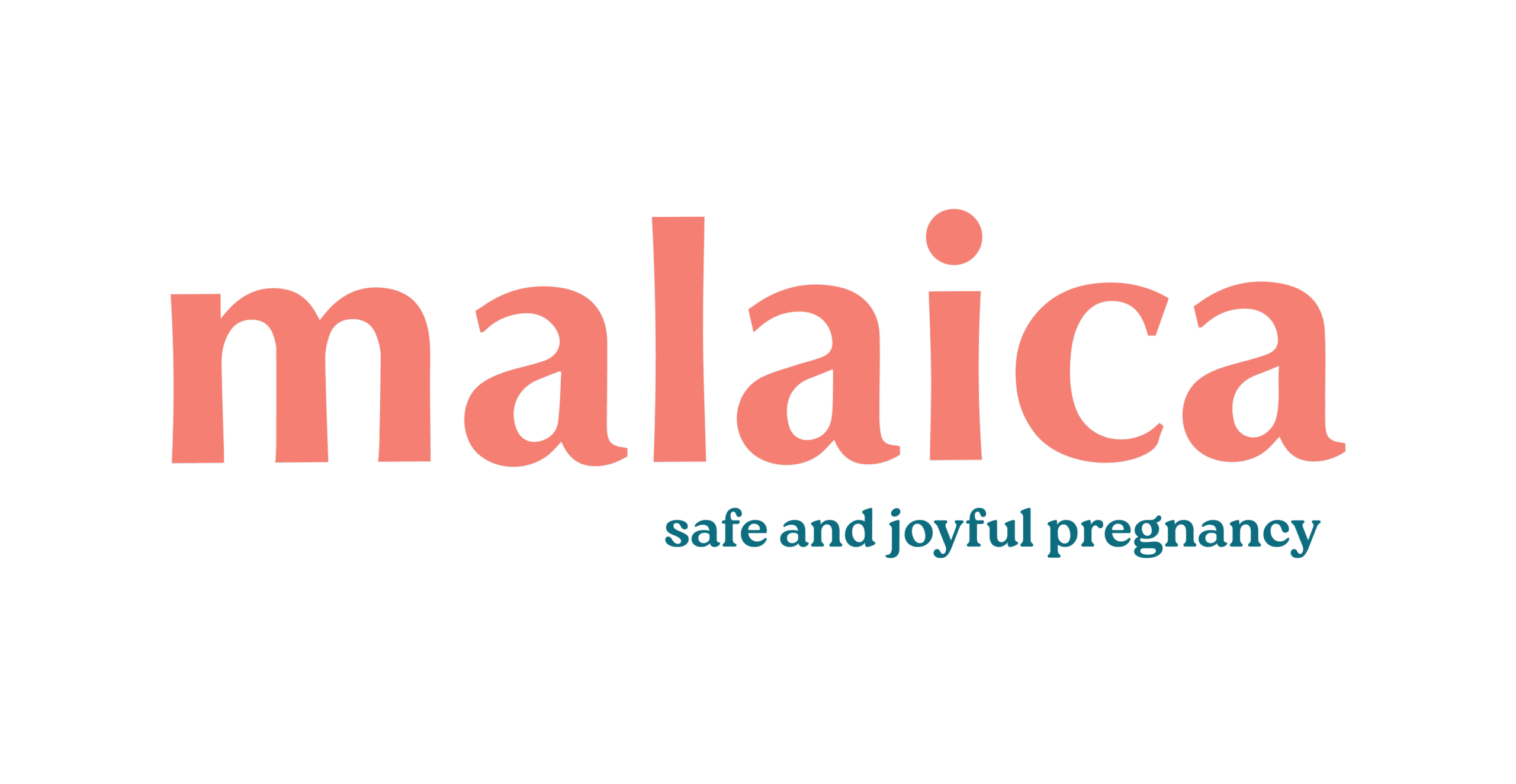If you experience the following signs, then make sure to seek advice from your gynecologist:
Spotting/Bleeding.
Spotting/bleeding is a common early symptom of pregnancy. However, if you experience bleeding in the later stages of pregnancy, it is important to seek advice from your doctor since it may be a threat to your unborn baby.
Severe Abdominal pains/Cramping.
Mild abdominal pains are common during pregnancy. Normal abdominal pains may be caused by your growing uterus, round ligament pain, constipation, and gas. If your cramps are much more serious than usual then it is advisable to contact your doctor.
Slow/Stopped Movement.
Fetal movement is normal during pregnancy and most mums experience this from as early as 18 weeks. Medical experts recommend that mothers should monitor their baby’s kicks by counting. The fetal movement is also considered to be a sign that the fetus is growing in size and strength. Once you realize your unborn baby’s movement is slow or has stopped, then it is important to visit the doctor to ensure your unborn baby is still well.
Severe Nausea & Vomiting.
Nausea and vomiting are quite common signs of early pregnancy. Increased nausea with vomiting can be dangerous as it can cause dehydration which may affect the unborn baby. Severe nausea with vomiting combined with bloody vomit causes a condition called Hyperemesis Gravidarum.
Slow Fetal Heart rate.
If your fetus’s heart rate is slower than expected, then your doctor will note there is some cause for concern and should recommend an ultrasound to check on the baby’s development. The unborn baby’s heartbeat should start from around 100 beats per minute and decrease as the fetus reaches term.
Unusual Discharge.
Vaginal discharge during early pregnancy is common and it appears thin, white, milky and mild smelling. However, a weird colour and bad odour of vaginal discharge should raise an alarm as it could be a vaginal infection. Vaginal infections are dangerous as they can cause uterine infections which may affect the placenta and thus affect the developing baby.
Intrauterine Growth Restriction.
IUGR is a condition where a baby doesn’t grow to normal weight during pregnancy. Ultrasounds during pregnancy are important to monitor your baby’s weight during pregnancy. It can also be also by indicated by a slow increase of the fundal height.

